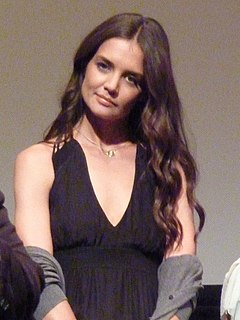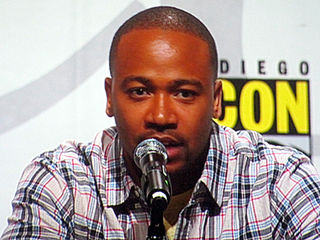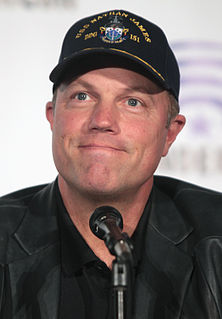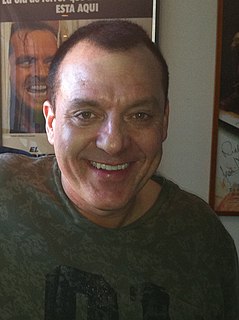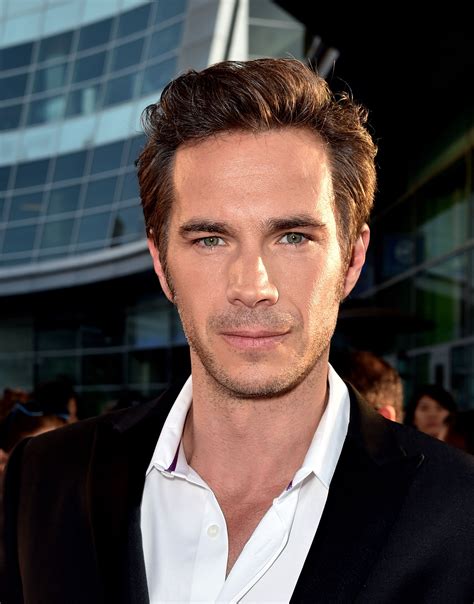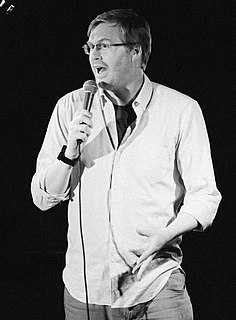A Quote by Katie Holmes
I used to get so worried that if a scene didn't go a certain way, then it was horrible. But then I realized that it was better to give the director options in the editing room than just being locked into how it's supposed to be.
Related Quotes
You never know what you do that could be totally out of left field, which actually might work and give something fresh to the whole scene, to the character, whatever. If you have that with a director who then knows how to shape it, either in the direction, in the moment, or in the editing, then that's good.
In a love scene that's really advantageous because you don't have that horrible moment of: "We don't really know what we're supposed to be doing, we just know we're supposed to be snogging and then shagging." Then the director shouts "action" and it's like: "Should I feel her boobs? I don't want to feel her boobs!"
My editor and I remain very disciplined. It's just sometimes when you're making a film, you get into the cutting room and you see a scene that's slowing you down in a certain section, but if you remove that scene then, emotionally or story-wise, another scene a half-hour later won't have the same impact. You just get stuck with it.
Ultimately your job as an actor is to perform however you're being asked to perform and there's many different procedures as an actor that you're going to run into that you should be prepared for and be ready to go to work and do the best you can and give the director the best thing you can to hopefully give him things on that day that could be shot preserved and out into a canned, then when they go into the editing room that's where a movie's made.
You stay with the foundation and then you just try different things because you don't know how the director will cut it and you want to give him, what will work, and you want to give him some options, give yourself some options, discover some things when you start to play. That's what we do; we get paid to play.
This is advice I would give to any young actor - if you go into a room with anybody and you come in with a positive attitude and a place of love, and you truly do love what you're doing, then the negative energy doesn't even get into the room. You just have to prepare, and then go in and be the best you that you can be, and you'll either get the job or you won't.
All directors on all sets behave slightly differently depending on what the scene is. For example, if you are doing a love scene, which is intimate then the director is likely to be intimate. If you are doing a scene where everyone is mucking around and laughing then the director is likely to start with that. If you are playing a scene which us incredibly heavy and everyone getting killed then there are probably not many laughs on the set.
You have to be dynamic. You have to be able to change. So a lot of times we'll go to a country or go meet people, and then while we're there, the story changes and you have to be able to go with that. And then the story comes out in the editing room, which is a very documentary sort of process - not how news works. So that's different.
I mean, in the editing room, you sit there, and you're so happy about a lot of it. You've got these great actors, and the DP's great, and you love it... And then there's so much you're mad about. Cause you've made so many mistakes. So yeah, there're scenarios where you're like, "Ah, I wish I could change this. How do I make this better?" "No matter what I do, the scene's not working, what do I do?"
